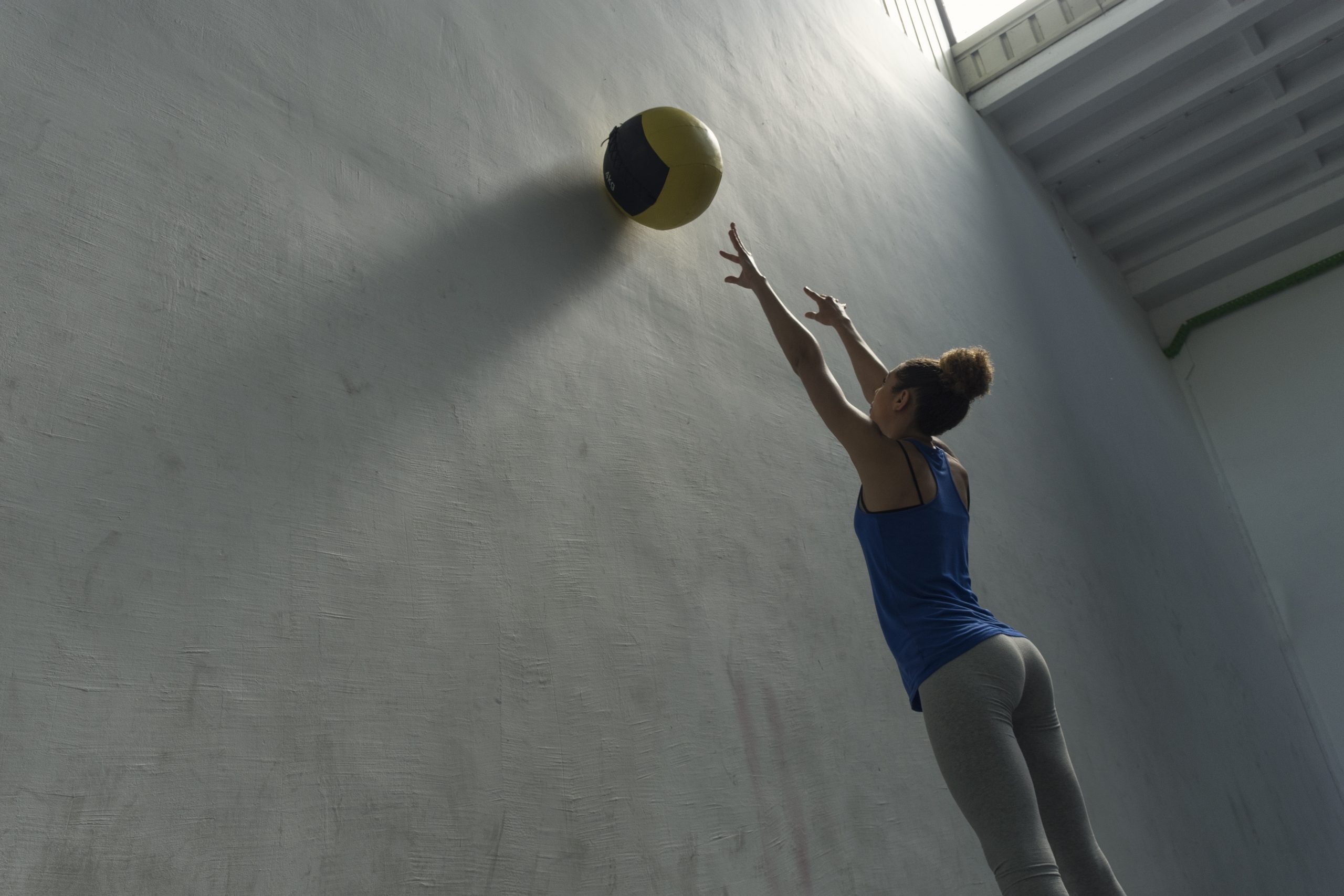
Stay Strong, Stay Fast
Delay Age-Related Decline with Speed Development Training
Techniques for speed development can be employed by people of all ages, with minimal equipment, in order to boost overall physical health and delay age-related muscular changes.
What is speed development? In simple terms, it is training to produce a maximal amount of force in a minimal amount of time. This type of training produces a different effect on the body compared to generating moderate force over a long-duration activity.
As the human body ages, overall muscle mass declines, and fast-twitch muscle fiber declines more rapidly than slow-twitch. This process is amplified by lack of physical activity overall, and a lack of intense activity; people tend to get in a rut of doing what they know, and staying well within their comfort zone.
In order to provoke specific positive adaptations, you have to challenge your body in specific ways. For the purpose of retaining/building muscle, and delaying fast-twitch fiber shrinkage, here are some simple activities to add into your workout routine:
Lift weights for your lower body
Make sure you do mostly single-leg work. Use an amount of resistance that makes completing 8 to 10 repetitions (reps) challenging. This helps you to retain overall muscle mass, and offset fast-twitch fiber atrophy. The last two reps of a set should feel hard; you need to lift moderately heavy for the purpose of making your body utilize fast-twitch fibers.
Complete low-rep plyometric activities (hopping, medicine ball throws).
Focus on being explosive in order to recruit fast-twitch muscle fibers that are not called upon during slower pursuits. Moving quickly and powerfully is key; stick with body weight while jumping, use a lighter medicine ball, and maintain high velocity. Be sure to do plyometric drills at the start of your workout, before you get tired.
Add small amounts of high intensity interval work to your cardio program,
such as an all-out bike sprint for 30 seconds followed by three minutes of rest. Provided the sprint interval feels very hard, and you maintain a high RPM for 30 seconds, completing even four rounds of this stimulates your body to produce human growth hormone (HGH). HGH naturally declines as we age, and stimulating higher production helps your body to hold onto lean muscle mass.
The following are specific exercises to get you started, in the gym or at home:
Med Ball Alternating Side Slam
Single Leg Rotational Hops
Plyo Hops with Med Ball Overhead Toss
Split Squat
Lateral Lunge
Single Leg Romanian Deadlift (RDL)
If you are uncertain about how to do the exercises described in this post, or unsure of your fitness level, first consult with a strength coach, or your primary care physician.
Maura J. Zimmer, NSCA-CPT, CSCS is a strength and conditioning coach at Olympia Fitness + Performance in Cranston, RI, and a three-time national champion in masters short-track speedskating. She specializes in helping people progress from physical therapy back to fully enjoying the activities they love.

